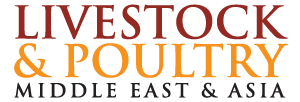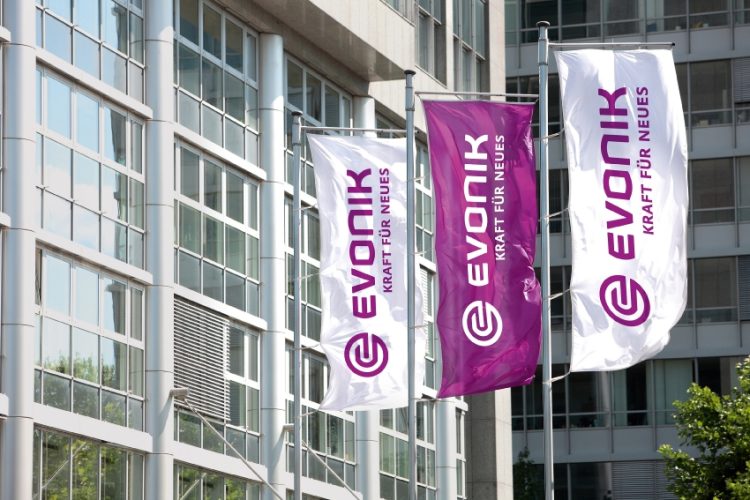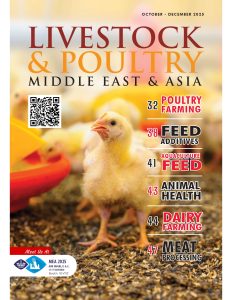Evonik’s Biotech Hub is partnering with the Technical University of Munich (TUM) and RWTH Aachen to develop a novel bacterial consortium to strengthen the immune system of chickens and to prevent the colonization by pathogens of their intestinal tract. The aim is to enhance health and help reduce the use of antibiotics. Evonik is both a partner in the three-year joint Chicken Synthetic Microbiota (ChiSYN) project and the project coordinator. The total project volume is over €2 million and is funded by the project partners on a pro rata basis and by the Federal Ministry of Food and Agriculture (BMEL).
“For our health, we need healthy food and for that we need healthy animals,” says Christoph Kobler, who heads the Biotech Hub. “Our innovative microbial consortium contributes to both animal health and sustainable human nutrition.”
The aim of the project partners is to develop a prototype feed additive that makes sure that “beneficial microorganisms” colonize the gut of chicks. To achieve this, bacteria that strengthen the immune system and make colonization by pathogens more difficult are selected from a broad population of chickens. The project partners then combine these microorganisms to create a novel consortium.
“In the development of this bacterial consortium, we benefit from our experience of gut simulation and the successful development of probiotics for livestock farming,” says Stefan Pelzer, who heads the In Silico & Target Systems research unit at the Biotech Hub. Pelzer and his team have been working with the dynamic chicken gut simulation model “DAISy” since 2018. They use the findings to develop new gut health products and disruptive, high-precision nutritional concepts that take account of gut bacteria for the first time.
In this project, Evonik’s experience of industrial biotechnology is complemented perfectly by the skillsets of its strategic partners at the universities in Aachen and Munich.
RWTH contributes many years of experience in the systematic collection and investigation of bacterial communities in the gastrointestinal tract of humans and livestock and the isolation and characterization of gut microbiota using high-throughput methods.
TUM examines the effect of selected types of bacteria on the health of chickens. It focuses on the development of the chickens’ immune system and its interaction with pathogens.
Funding Code: 281C402A21




















